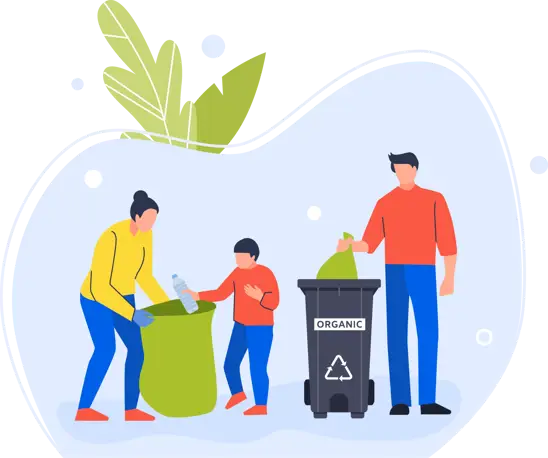
How WM101 Makes Commercial Food Waste Collection Easy and Efficient
Food waste bins are crucial for businesses to maintain hygiene standards, reduce environmental impact and comply with UK Waste Regulations.
When sent to landfills, food waste contributes significantly to greenhouse gas emissions, and as such, businesses have a responsibility and legal requirement to separate and dispose of it correctly.
Dedicated commercial food waste bins ensure that waste can be processed into valuable resources like biogas and fertiliser, supporting both environmental and economic goals.
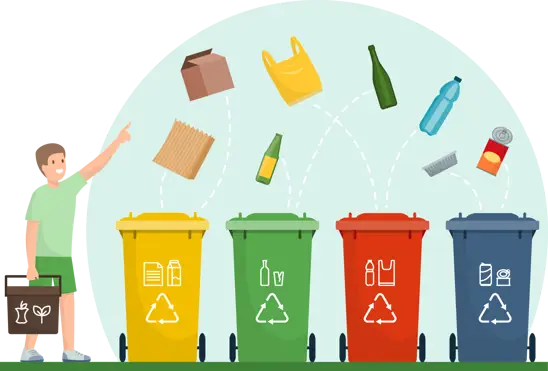
Why Are Food Waste Bins Important for Businesses in 2025: Key Takeaways
The Environment Act 2021 requires businesses to separate food waste and have proper food waste bins and procedures in place by 31 March 2025.
Dispose of approved items like fruit, vegetables, meat, and dairy in food waste bins to comply with the new law.
Reduce landfill waste by using food waste bins to recycle food waste into biogas and fertiliser.

What Can Be Put In A Food Waste Bin?
When commercial food waste is not managed correctly, it contributes significantly to landfill waste and the production of harmful greenhouse gases like methane.
To address this, UK regulations now require businesses to separate food waste from general waste streams, ensuring it is disposed of responsibly. Using dedicated food waste bins is not only a legal obligation but also a practical solution to reduce your environmental impact.
The following items can breakdown in composting or anaerobic digestion facilities and can be turned into valuable resources like biogas and fertiliser:
- Fruit and vegetable scraps
- Meat, fish, and poultry (cooked or raw)
- Bread, pasta, and rice
- Dairy products like cheese and yogurt
- Eggshells and coffee grounds
- Expired or spoiled food
At WM101, we offer expert consultancy and tailored waste management strategies to help businesses implement cost-effective and efficient food waste bin systems that comply with these regulations.
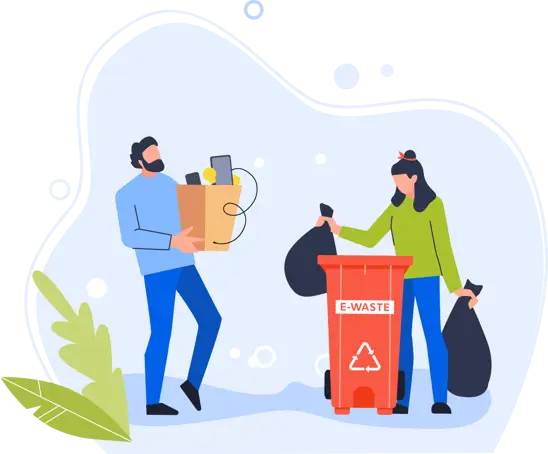
What Not To Put In Food Waste?
While food waste bins are versatile, some items should never be included. These can contaminate the waste stream or disrupt the recycling process.
The following should never be disposed of in commercial food waste bins:
- Plastic, glass, or metal containers
- Packaging, even if food-soiled
- Liquids like oils or juices
- Garden waste or soil
- Hazardous materials such as cleaning chemicals
Businesses found to be improperly managing food waste may face fines or other penalties, underscoring the importance of careful waste segregation.
At WM101, we provide tailored guidance and reliable waste management services to ensure businesses correctly segregate waste, helping you avoid contamination and penalties for non-compliance.
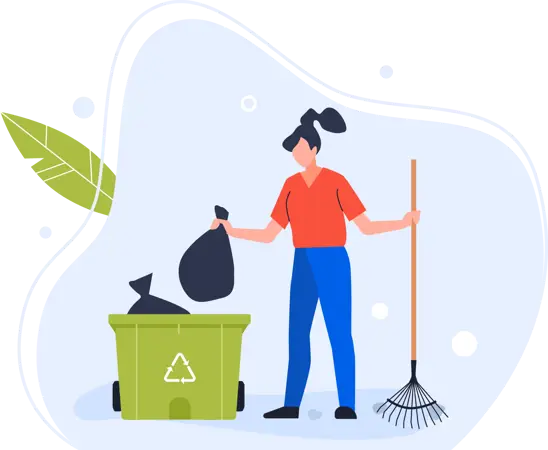
What Happens To Commercial Food Waste?
Once collected, commercial food waste undergoes specialised recycling processes.
At WM101, we work with trusted partners to ensure food waste bins are managed sustainably. This involves the collection of food waste which is securely collected and transported to recycling facilities where it undergoes treatment like composting or anaerobic digestion.
The by-products, such as biogas for energy and compost for agriculture, are utilised to minimise environmental impact.
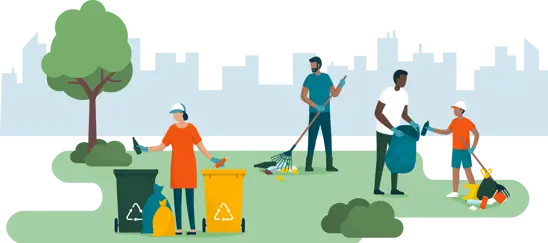
What Is The New Food Waste Law In The UK?
In 2025, the Government is introducing new food waste regulations under the Environment Act 2021 (Commencement No. 9 and Transitional Provisions) Regulations 2024, set to come into effect on 31 March 2025.
The new law will require businesses to separate food waste from general waste and make the use of food waste bins mandatory. It confirms that any business producing more than 5kg of food waste per week must segregate it for recycling. Penalties for non-compliance include fines and/or enforcement actions, ensuring businesses adhere to waste management practices.
At WM101, we can help you prepare for these changes, ensuring you meet your legal obligations while contributing to sustainable waste management practices.

Commercial Food Waste Bins From WM101
At WM101, we understand the complexities of managing food and organic waste for businesses. Our tailored waste management solutions and high-quality food waste bins are designed to simplify your processes, ensure compliance with UK regulations, and help turn waste into valuable resources.
Contact our team today for a free consultation and no-obligation quotation on our food waste management services.
12/02/2025